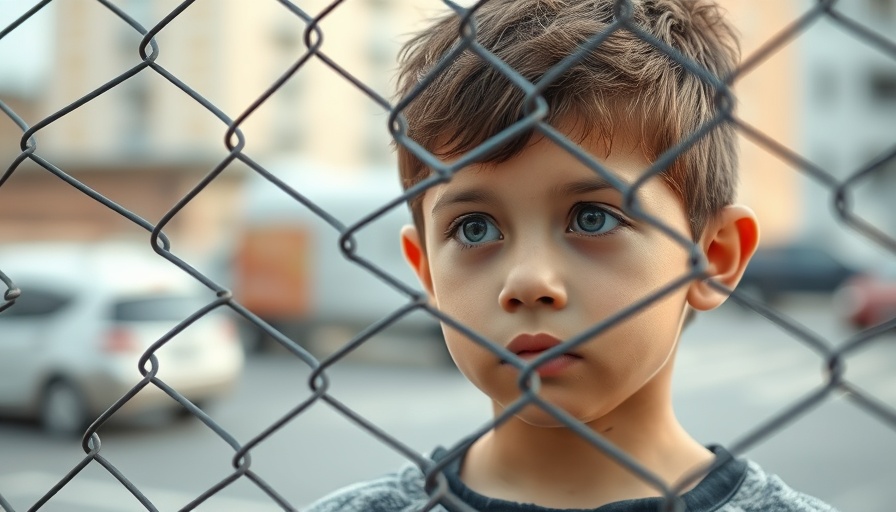
Understanding the Impact of the Child Justice Act Amendments
This week, heated discussions have surrounded the significant amendments to the Child Justice Act of Saint Lucia. The primary change involves the removal of subsection 54, which previously capped the maximum sentence for a minor at three years for offenses. In its place, judges are now given the discretion to impose sentences they deem appropriate, aiming to customize justice based on the specifics of each case.
Why It Matters: The Power of Judicial Discretion
The shift towards judicial discretion in sentencing is aimed at recognizing that each offense and the context surrounding it can vary significantly. Children, as defined in this Act (those aged 12-18), often find themselves in complex situations that require understanding rather than a blanket approach to punishment. Advocates for the amendment argue that this change allows for more nuanced justice, which could lead to rehabilitation rather than mere punishment.
A Step Towards Balanced Justice
Moreover, this amendment is seen as aligning with the fundamental principle of the separation of powers, assuring that the judiciary remains an independent arbiter of justice. Historically, attempts to dictate sentences from the legislative branch have resulted in conflicts with judicial authority. The recent discussions have reignited the importance of upholding a system where judges can apply their expertise to adjudicate cases fairly and justly.
Collective Concerns and Future Implications
As the community engages in this dialogue, it is essential to reflect on the broader implications of such changes. Will this shift result in a fairer judicial system for children, or does it open the door for inconsistencies in sentencing? The essence of this debate revolves around balancing justice, accountability, and the understanding of youthful indiscretion.
In summary, these amendments to the Child Justice Act represent a pivotal moment in Saint Lucia’s approach to juvenile justice. The next steps will determine the long-term effects on child offenders and society as a whole, and ongoing community discussion will be essential in shaping effective and empathetic juvenile justice policies.
 Add Row
Add Row  Add
Add 




 Add Row
Add Row  Add
Add 


Write A Comment